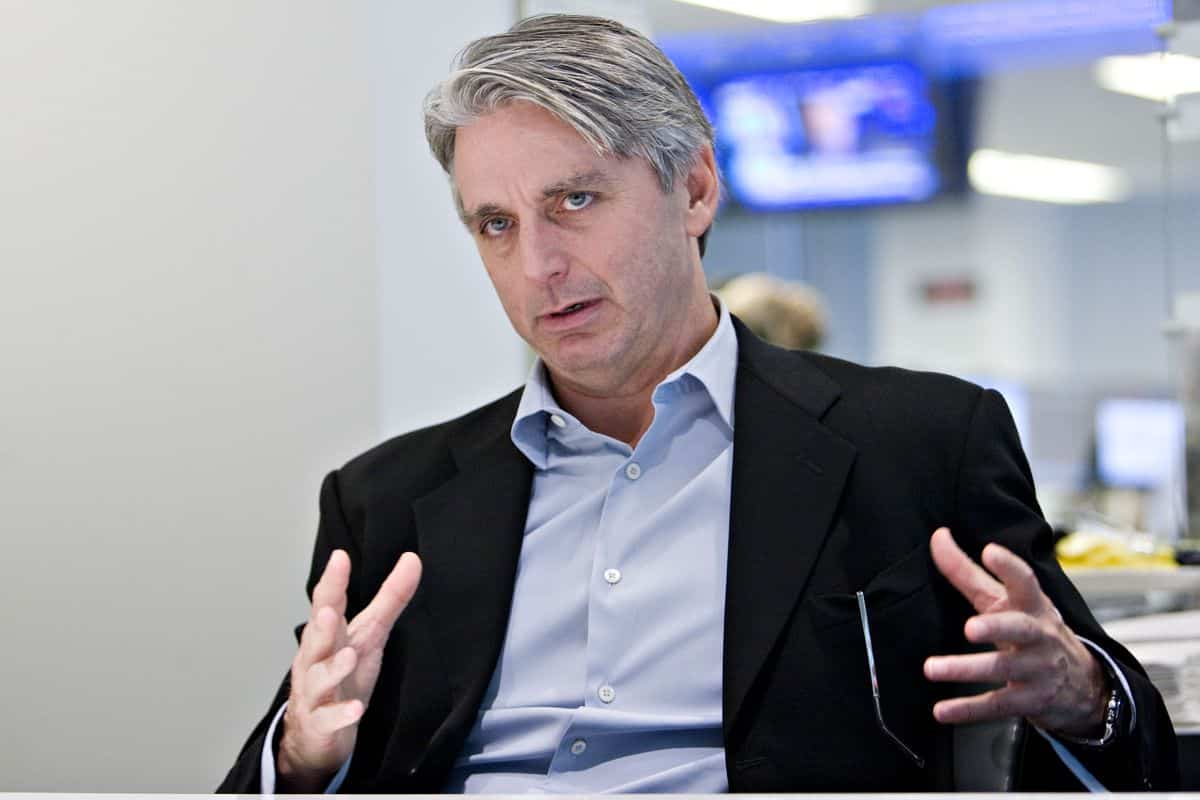
During an interview discussing the recent Unity merger, CEO John Riccitiello had harsh words for developers of mobile games They don't take monetization seriously.
unity announced (by the way, shortly after laying off about 200 people) which would merge with ad tech company Ironsource. Among other things, the partnership will give developers using the engine more ways to monetize their apps and "beat the noise," according to Unity CEO Marc Whitten.
Unity Technologies, producer of the Unity video game engine, has announced the merger with ironSource, a company that offers services to monetize its applications. The stated goal is to allow that ad creators, publishers and producers have best tools at your fingertips for feedback on success and product monetization. In this sense, the company announces that it wants to reduce the “Create then monetize” aspect to offer a more fluid creation process (in which monetization occurs before). Specifically, this announces access to ironSource's Supersonic tools in Unity.
The announcement came two weeks after a wave of layoffs at Unity Technologies affected its employees around the world. According to a report, Unity CEO John Riccitiello told employees last month that the company was on solid financial footing and was not going to resort to layoffs.
Unity continues to pay those who have been laid off for a month and then offers an additional month of severance severance pay and COBRA health coverage. The staff members in question are also eligible to apply for other open positions within the company. But here's the kicker: The company is said to have declared a hiring freeze in all departments.
Unity confirmed the layoffs in a statement, saying just over 200 people were affected:
“As part of an ongoing planning process in which we regularly assess our resource levels against our business priorities, we decided to realign some of our resources to better focus and support our long-term growth. This led to difficult decisions that affected approximately 4% of the entire Unity workforce. We are grateful for the contributions of those leaving Unity and support them during this difficult transition."
The announcement of Unity's upcoming merger with ironSource came as a considerable surprise to many, but according to Unity Technologies CEO John Riccitiello and Unity Create Senior Vice President and General Manager Marc Whitten, the partnership is the most recent move in an industry that has exploded during the COVID pandemic and will continue to thrive.
It is also indicative of Unity's confidence in mobile devices. Riccitiello and Whitten sat down for the interview about how the merger came about, the company's optimism for the future of the industry despite the looming recession, and why developers can't stop harassing monetization and feedback. .
The announcement focuses on transforming Unity into a blended growth engine, with features like monetization metrics integration. What kind of developer feedback have you received that led you to this address*?
whitten: It all boils down to two key things: the first is the massive success of game creation in general, especially on mobile. The second is the number of mobile launches each month, in the tens of thousands…
Implementing monetization earlier in the process and conversation is definitely an angle that has been pushed back by some developers.
Riccitiello: Ferrari and some of the other high-end car manufacturers still use clay knives and carving knives. It's a very small part of the gaming industry that works that way, and some of those people are my favorite people to fight in the world: they are the most beautiful, purest, most beautiful, most brilliant people. They are also among the biggest fucking idiots…
But this industry divides people between those who still hold to this philosophy and those who overwhelmingly embrace how to understand what makes a product successful. And I don't know any successful artist who doesn't care what their player thinks. This is where this feedback loop comes back, and they can choose to ignore it. But choosing not to know anything is not a good decision.
I've seen great games fail because they set their stress cycle to two minutes when they should have set it to one hour. Without this setup and what it does to the churn rate, you may not notice the difference in product between a massive hit and a huge flop.
Whitten: To repeat John's point, Unity has democratized creation. These days, if I told you that the next hardcover title would be developed by two guys sitting in an apartment in the Philippines, you wouldn't blink twice. There is a beauty in the tools that allow people to discover that this is how they want to make a living, and our responsibility is to continue this democratization.
Source: https://www.nme.com
The collapse of the stock market in recent months, losing much of its value, is part of the consequences they have. The rise of Godot also endangers Unity. Godot already vastly outperforms GameMaker in developer interest, knocking it out of second place in the polls.